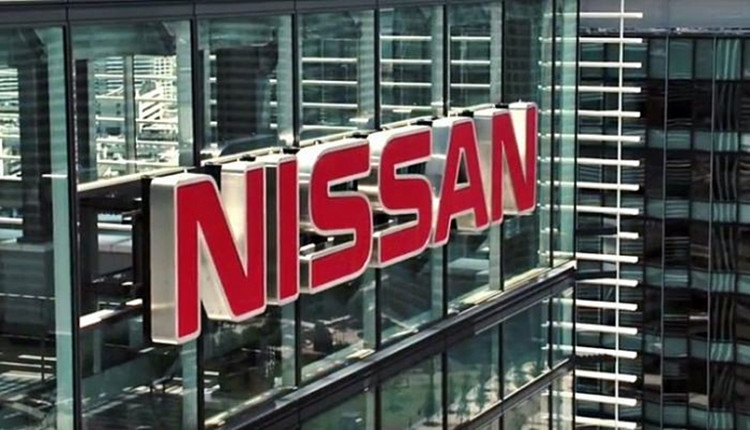Japanese automaker Nissan Motor Company Ltd admitted to manipulating the results of exhaust emissions and fuel economy tests of new vehicles sold in Japan.
It said it had discovered evidence that exhaust emissions and fuel economy tests were carried out in a way that deviated from prescribed norms. Nissan also noted that inspection reports were based largely on altered measurement values. The alterations were revealed during the course of voluntary checks conducted by Nissan.
"As a companywide exercise, Nissan will continue to carry out comprehensive checks of frameworks, organizations, and processes related to regulatory compliance," said Nissan in a statement. "Strict adherence to compliance is a top priority for Nissan's management, and if issues are discovered, appropriate measures will be taken. Nissan is committed to promoting and enforcing compliance and awareness thereof in all operational areas."
Nissan has reported to the incident to the Japanese Ministry of Land, Infrastructure, Transport, and Tourism. It said a full and comprehensive investigation of this scandal, including the causes and background of the misconduct, is underway. Law firm Nishimura and Asahi are carrying out the investigation.
Nissan had encountered this problem before, starting in 1979, and in one instance had to recall more than a million cars for re-inspection. Employees at the time apparently falsified emissions tests data to either save face or to save the company from embarrassment, said industry experts.
A previous scandal saw some employees illegally using the "hanko," or the engraved stamps often used in Japan for signatures, of certified personnel to approve emission testing results.
Nissan plant workers were aware the illegal use of the hanko was forbidden by the company and resorted to covering-up their indiscretion when government inspectors visited the plants.
Nissan didn't say how many cars were involved in this latest misconduct but did note all the affected vehicles were intended for sale in Japan. It said it had rechecked "reliable" data and confirmed that all vehicles except the GT-R sports car conformed to Japanese safety standards.






